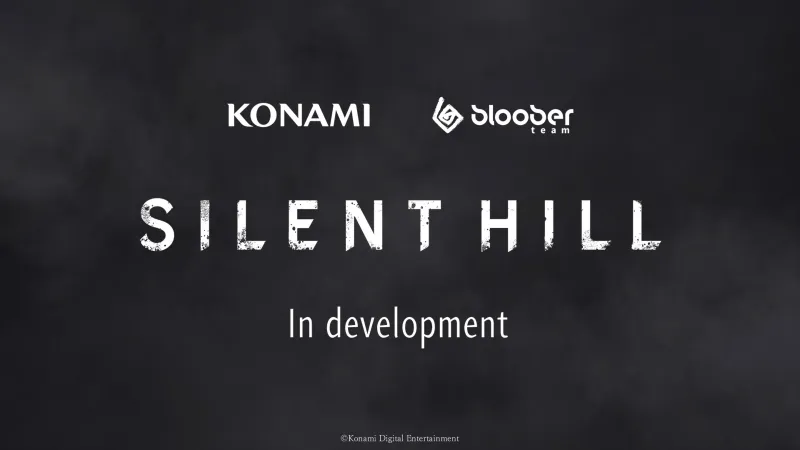How Long it takes to know if a Job Is Right for You or Not

On How Long it Takes to Know if a Job is Right for You or Not
mipsytipsyA few eagle-eyed readers have noticed that it’s been 4 weeks since my last entry in what I have been thinking of as my “niblet series” — one small piece per week, 1000 words or less, for the next three months.
This is true. However, I did leave myself some wiggle room in my original goal, when I said “weeks when I am not traveling”, knowing I was traveling 6 of the next 7 weeks. I was going to TRY to write something on the weeks I was traveling, but as you can see, I mostly did not succeed. Oh well!
Honestly, I don’t feel bad about it. I’ve written well over 1k words on bsky over the past two weeks in the neverending thread on the costs and tradeoffs of remote work. (A longform piece on the topic is coming soon.) I also wrote a couple of lengthy internal pieces.
This whole experiment was designed to help me unblock my writing process and try out new habits, and I think I’m making progress. I will share what I’m learning at a later date, but for now: onward!
How long does it take to form an impression of a new job?
This week’s niblet was inspired by a conversation I had yesterday with an internet friend. To paraphrase (and lightly anonymize) their question:
“I took a senior management role at this company six months ago. My search for this role was all about values alignment, from company mission to leadership philosophy, and the people here said all the right things in the process. But it’s just not clicking.
It’s only been six months, but it’s starting to feel like it might not work out. How much longer should I give it?”
Zero. You should give it 0 time. You already know, and you’ve known for a long time; it’s not gonna change. I’m sorry. 💔
I’m not saying you should quit tomorrow, a person needs a paycheck, but you should probably start thinking in terms of how to manage the problem and extricate yourself from it, not like you’re waiting to see if it will be a good fit.
Every job I’ve ever had has made a strong first impression
I’ve had…let’s see…about six different employers, over the course of my (post-university) career.
Every job I’ve ever taken, I knew within the first week whether it was right for me or not. That might be overstating things a bit (memory can be like that). But I definitely had a strong visceral reaction to the company within days after starting, and the rest of my tenure played out more or less congruent with that reaction.
The first week at EVERY job is a hot mess of anxiety and nerves and second-guessing yourself and those around you. It’s never warm fuzzies. But at the jobs I ended up loving and staying at long term, the anxiety was like “omg these people are so cool and so great and so fucking competent, I hope I can measure up to their expectations.”
And then there were the jobs where the anxiety I felt was more like a sinking sensation of dread, of “oooohhh god I hope this is a one-off and not the kind of thing I will encounter every day.”
🌸 There was the job where they had an incident on my very first day, and by 7 pm I was like “why isn’t someone telling me I should go home?” There was literally nothing I could do to help, I was still setting up my accounts, yet I had the distinct impression I was expected to stay.
This job turned out to be stereotypically Silicon Valley in the worst ways, hiring young, cheap engineers and glorifying coding all night and sleeping under your desks.
🌼 There was the job where they were walking me through a 50-page Microsoft Word doc on how to manage replication between DB nodes, and I laughed a little, and looked for some rueful shared acknowledgement of how shoddy this was…but I was the only one laughing.
That job turned out to be shoddy, ancient, flaky tech all the way down, with comfortable, long-tenured staff who didn’t know (and did NOT want to hear) how out of date their tech had become.
Over time, I learned to trust that intuition
Around the time I became a solidly senior engineer, I began to reflect on how indelible my early impressions of each job had been, and how reliable those impressions had turned out to be.
To be clear, I don’t regret these jobs. I got to work with some wonderful people, and I got to experience a range of different organizational structures and types. I learned a lot from every single one of my jobs.
Perhaps most of all, I learned how to sniff out particular environments that really do not work for me, and I never made the same mistake twice.
Companies can and do change dramatically. But absent dramatic action, which can be quite painful, they tend to drift along their current trajectory.
This matters even more for managers
This is one of those ways that I think the work of management is different from the work of engineering. As an experienced IC, it’s possible to phone it in and still do a good job. As long as you’re shipping at an acceptable rate, you can check out mentally and emotionally, even work for people or companies you basically despise.
Lots of people do in fact do this. Hell, I’ve done it. You aren’t likely to do the best work of your life under these circumstances, but people have done far worse to put food on the table.
An IC can wall themselves off emotionally and still do acceptable work, but I’m not sure a manager can do the same.
Alignment *is* the job of management
As a manager, you literally represent the company to your team and those around you. You don’t have to agree with every single decision the company makes, but if you find yourself constantly having to explain and justify things the company has done that deeply violate your personal beliefs or ethics, it does you harm.
Some managers respond to a shitty corporate situation by hunkering down and behaving like a shit umbrella; doing whatever they can to protect their people, at the cost of undermining the company itself. I don’t recommend this, either. It’s not healthy to know you walk around every day fucking over one of your primary stakeholders, whether it’s the company OR your teammates.
undermining the company itself. I don’t recommend this, either. It’s not healthy to know you walk around every day fucking over one of your primary stakeholders, whether it’s the company OR your teammates.
There are also companies that aren’t actually that bad, but you just aren’t aligned with them. That’s fine. Alignment matters a lot more for managers than for ICs, because alignment is the job.
Management is about crafting and tending to complex sociotechnical systems. No manager can do this alone. Having a healthy, happy team of direct reports is only a fraction of the job description. It’s not enough. You can and should expect more.
What can you learn from the experience?
I asked my friend to think back to the interview process. What were the tells? What do they wish they had known to watch out for?
They thought for a moment, then said:
“Maybe the fact that the entire leadership team had been grown or promoted from within. SOME amount of that is terrific, but ALL of it might be a yellow flag. The result seems to be that everyone else thinks and feels the same way…and I think differently.”
This is SO insightful.
It reminds me of all the conversations Emily and I have had over the years, on how to balance developing talent from within vs bringing in fresh perspectives, people who have already seen what good looks like at the next stage of growth, people who can see around corners and challenge us in different ways.
This is a tough thing to suss out from the outside, especially when the employer is saying all the right things. But having an experience like this can inoculate you from an entire family of related mistakes. My friend will pick up on this kind of insularity from miles away, from now on.
Bad jobs happen. Interviews can only predict so much. A person who has never had a job they disliked is a profoundly lucky person. In the end, sometimes all you can take is the lessons you learned and won’t repeat.
The pig is committed
Have you ever heard the metaphor of the chicken vs the pig? The chicken contributes an egg to breakfast, the pig contributes bacon. The punch line goes something like, “the chicken is involved, but the pig is committed!”
It’s vivid and a bit over the top, but I kept thinking about it while writing this piece. The engineer contributes their labor and output to move the company forward, but the manager contributes their emotional and relational selves — their humanity — to serve the cause.
You only get one career. Who are you going to give your bacon to?
What's Your Reaction?
 Like
0
Like
0
 Dislike
0
Dislike
0
 Love
0
Love
0
 Funny
0
Funny
0
 Angry
0
Angry
0
 Sad
0
Sad
0
 Wow
0
Wow
0










































